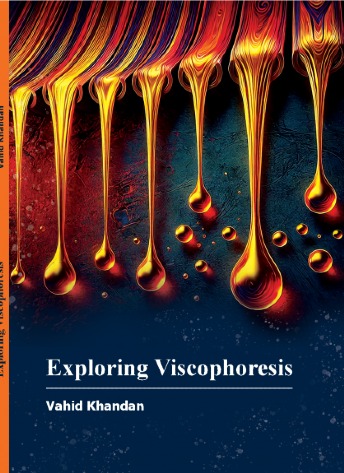PhD defence V. (Vahid) Khandan
| When: | Mo 02-12-2024 12:45 - 13:45 |
| Where: | Academy Building |

Exploring viscophoresis
The diffusion of a Brownian particle is governed by the viscosity of the medium, exerting a viscous friction force that damps the instantaneous fluctuations in the particle's dynamics. Within the framework of viscophoresis theory, an inhomogeneous medium subjected to a viscosity gradient induces Brownian particles to migrate towards regions of lower viscosity to obtain higher diffusivity. In the present study, we aimed to provide experimental evidence for this phenomenon at a nuanced, particle-level insight. Employing a microfluidic gradient generator, we successfully introduced a controlled and highly stable viscosity gradient within a defined shallow microchannel. Furthermore, we directly and accurately measured the induced drift velocity and the associated diffusivity gradient in response to the introduced viscosity gradient using a super-resolution fluorescence microscope. Our experimental data interestingly confirmed the existence of viscophoretic drift velocity, but this velocity was found to significantly exceed theoretical expectations. We believe this discrepancy may stem from the fact that larger particles experience a pronounced difference in diffusivity due to their size, a detail that current theoretical models do not adequately consider. Furthermore, we conducted a comprehensive investigation into the interplay between viscophoresis and diffusiophoresis, highlighting potential applications such as trapping and concentrating particles. Our comprehensive exploration of viscophoresis in this study stands to greatly enhance both understanding and application of transport processes influenced by viscosity gradients, with broad implications across diverse scientific fields including cell biology, chromatography, and membrane technology.
|
Supervisors:
| |
|
Co-supervisor:
|
dr. K.H. Mathwig
|
